To provide the best experiences, we use technologies like cookies to store and/or access device information. Consenting to these technologies will allow us to process data such as browsing behaviour or unique IDs on this site. Not consenting or withdrawing consent, may adversely affect certain features and functions.
The technical storage or access is strictly necessary for the legitimate purpose of enabling the use of a specific service explicitly requested by the subscriber or user, or for the sole purpose of carrying out the transmission of a communication over an electronic communications network.
The technical storage or access is necessary for the legitimate purpose of storing preferences that are not requested by the subscriber or user.
The technical storage or access that is used exclusively for statistical purposes.
The technical storage or access that is used exclusively for anonymous statistical purposes. Without a subpoena, voluntary compliance on the part of your Internet Service Provider, or additional records from a third party, information stored or retrieved for this purpose alone cannot usually be used to identify you.
The technical storage or access is required to create user profiles to send advertising, or to track the user on a website or across several websites for similar marketing purposes.
 The digital transformation of organisations and a shift to agile working is being held back by a reluctance to invest in new technology, according to a new report from Citrix and Capita. The Workplace agility report claims that legacy applications are delaying digital transformation of the entire organisation for more than half of respondents (56 percent) of the 200 CIOs who took part in the study. The report also claims that the inability to introduce new tech also restricts the uptake of new ways of working and the creation of agile working environments.
The digital transformation of organisations and a shift to agile working is being held back by a reluctance to invest in new technology, according to a new report from Citrix and Capita. The Workplace agility report claims that legacy applications are delaying digital transformation of the entire organisation for more than half of respondents (56 percent) of the 200 CIOs who took part in the study. The report also claims that the inability to introduce new tech also restricts the uptake of new ways of working and the creation of agile working environments.










 Generation Z, the latest generation of workers to enter the workplace (aged 18-24) are social creatures a new report suggests, preferring to work in an office environment, with only 8 percent thinking they work best from home compared to 20 percent nationally. However, putting aside the assumption this is because they’re sharing a cramped flat or living with parents, even within the office environment, the vast majority (81 percent) think social and communal areas are important workplace facilities compared with only 64 percent of all employees and 58 percent of Baby Boomers.
Generation Z, the latest generation of workers to enter the workplace (aged 18-24) are social creatures a new report suggests, preferring to work in an office environment, with only 8 percent thinking they work best from home compared to 20 percent nationally. However, putting aside the assumption this is because they’re sharing a cramped flat or living with parents, even within the office environment, the vast majority (81 percent) think social and communal areas are important workplace facilities compared with only 64 percent of all employees and 58 percent of Baby Boomers. 




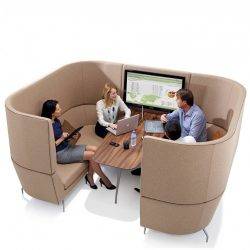


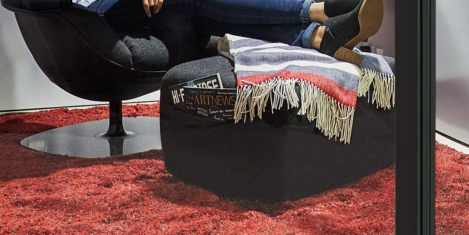
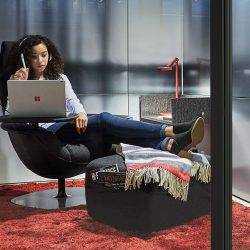
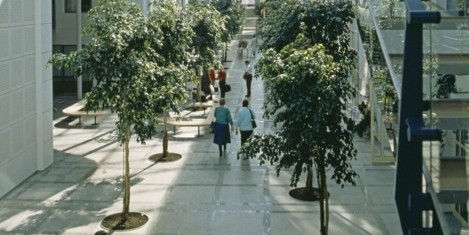
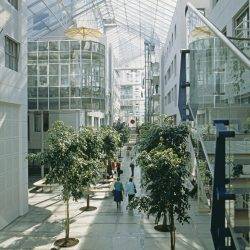
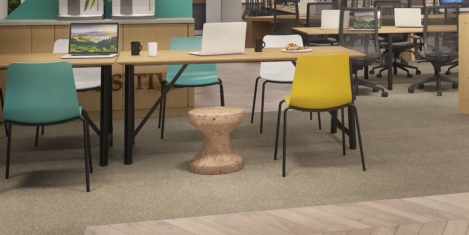
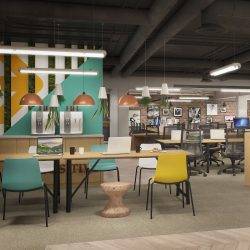



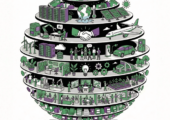
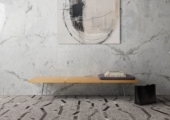

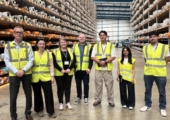


September 24, 2018
It is not particularly easy to change human behaviour by design
by Mark Eltringham • Comment, Facilities management, Workplace, Workplace design
(more…)